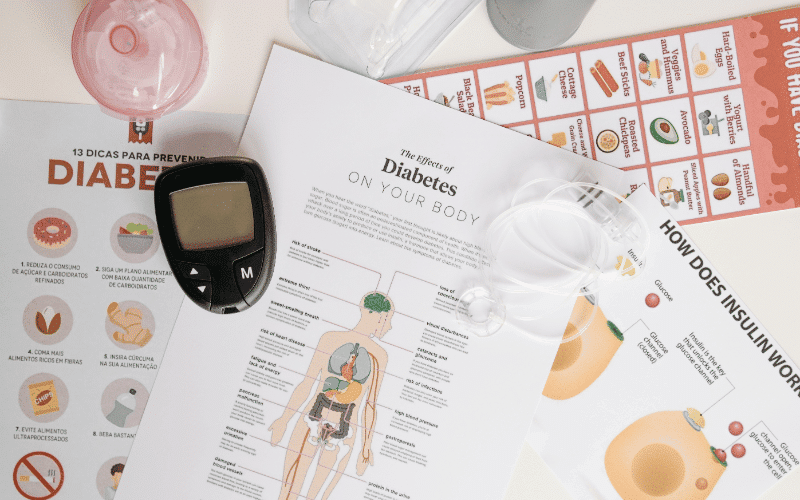Cause 8. Diabetes mellitus

Diabetes mellitus, a chronic condition characterized by elevated blood sugar levels, can be a contributing factor to the development of hypernatremia. High blood sugar levels can disrupt the body’s ability to maintain proper fluid balance and, consequently, blood sodium levels. When diabetes mellitus is poorly managed, the risk of hypernatremia may increase. Exploring the link between diabetes mellitus and hypernatremia is crucial for understanding risk factors, recognizing early symptoms, and implementing effective prevention and management strategies.
In individuals with diabetes mellitus, the body is either unable to produce sufficient insulin (type 1 diabetes) or unable to use insulin effectively (type 2 diabetes), leading to high blood sugar levels. Elevated blood sugar levels can result in an increase in urine production as the body attempts to excrete excess glucose. This increased urine output, known as osmotic diuresis, can lead to dehydration and a reduction in total body water, causing blood sodium levels to rise and potentially leading to hypernatremia.
To reduce the risk of hypernatremia related to diabetes mellitus, several strategies can be considered:
• Effective diabetes management: Maintaining optimal blood sugar levels through medication, a balanced diet, and regular exercise can help prevent excessive urine production and the resulting dehydration that can contribute to hypernatremia.
• Adequate hydration: Ensuring sufficient fluid intake, especially during periods of high blood sugar, can help maintain proper fluid balance and prevent hypernatremia.
• Regular monitoring: Routinely checking blood sugar levels, blood pressure, and kidney function can help detect early signs of dehydration or hypernatremia, allowing for timely intervention.
• Collaborative care: Working closely with healthcare professionals to develop a personalized diabetes management plan can help minimize the risk of hypernatremia and other complications associated with diabetes.
Understanding the relationship between diabetes mellitus and hypernatremia is vital for developing effective prevention and management strategies. By focusing on effective diabetes management, maintaining proper hydration, and monitoring blood sugar levels and overall health, individuals with diabetes can significantly reduce the risk of hypernatremia and promote overall well-being. (6)